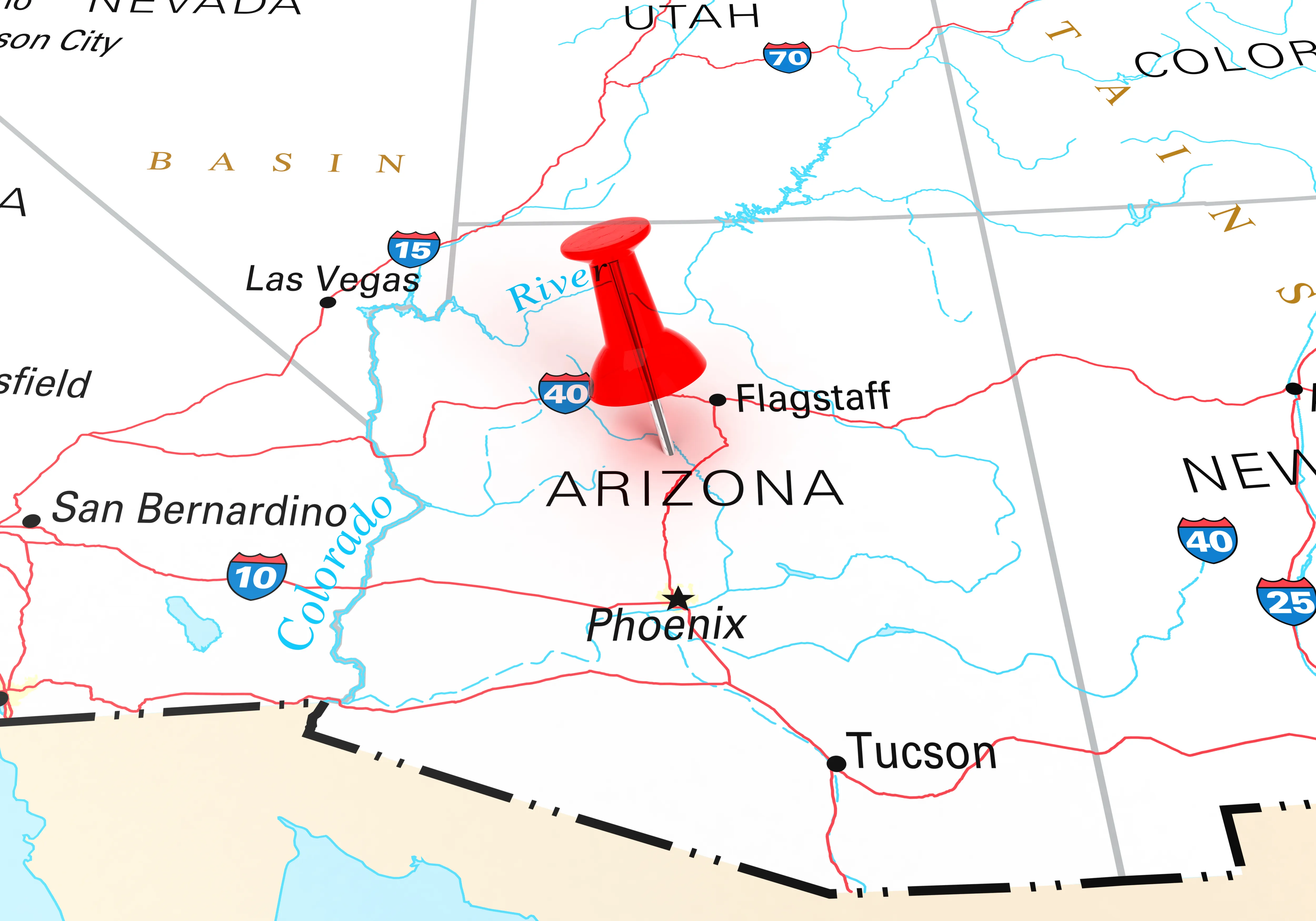
Daily Audio Newscast Afternoon Update - January 16, 2025
© INDU BACHKHETI - iStock-1336427297
News from around the nation.
Joe Biden warns 'oligarchy is taking shape in America' in farewell address; NJ gov continues advancing progress on climate goals; Report: If Congress guts Medicaid, rural America would notice; TX nonprofit calls trees good for your health, cooling your neighborhood.
Transcript
The Public News Service Thursday afternoon update, I'm Mike Clifford.
Joe Biden's final address to the nation struck an ominous tone after warning of the growing power of America's ultra-wealthy and cautioning that an emerging oligarchy threatens the foundations of U.S. democracy.
That from The Guardian.
They report in the Wednesday primetime Oval Office speech the President outlined some of his most pressing concerns, including what he described as a crumbling free press, the outsized influence of the military-industrial complex, rising disinformation, and the need to remove dark money from politics.
Biden also called for constitutional amendments to ensure presidential accountability, arguing that no president should be immune from prosecution for crimes committed while in office.
Next to New Jersey, where the governor there, Phil Murphy, is maintaining the state's clean energy progress.
In his final State of the State address, Murphy thanked lawmakers for advancing the state's climate and clean energy goals during his time in office, but he's also called on them to codify the state's clean energy standards into law this year.
Ed Potasnick with the New Jersey League of Conservation Voters says this furthers the state's ability to meet its climate goals.
The laws that exist on the books require New Jersey to get roughly 88 percent of its energy by 2030 from clean sources, solar, wind, and nuclear.
We're on track to meet those goals.
What this call to action and the legislation will need to achieve is the last five years to get the remaining 12 percent.
The state has made these strides despite setbacks.
In 2023, offshore wind developer Orsted canceled the Ocean Wind Project, citing costs.
I'm Edwin J. Viera.
And in their pursuit of slashing government spending, congressional Republicans are taking a hard look at Medicaid.
But a new report shows how this public health program is preventing care access from further eroding in rural Minnesota and elsewhere.
The incoming Trump administration promises major budget cuts, and a House GOP proposal floats a nearly $2.5 trillion Medicaid reduction.
But findings from the Georgetown University's Center for Children and Families show people in rural areas are more likely than metro populations to receive health coverage through Medicaid.
And the University of Minnesota's Dr. Katie Kazimano says their providers rely on it too.
Medicaid is an absolutely essential source of revenue for those hospitals to keep operating.
A key Medicaid component is the Children's Health Insurance Program.
I'm Mike Mullin reporting.
Next, the Dallas-based nonprofit Texas Tree Foundation is working to reduce urban heat islands across the Dallas-Fort Worth area.
The foundation's CEO, Alyssa Esmadia, says the project will help fight extreme heat that's impacting residents' health and quality of life.
Improving human health and well-being through increased tree canopy, heat reduction, improved air quality.
Through the South Dallas Greening Initiative, trees will be given to more than 50,000 people.
50,000 Dallas homeowners over the next five years.
This story based on original reporting by Maria Ramos-Pacheco for the Dallas Morning News.
This is Public News Service.
Next to Illinois, a state that plans to spend more than $1.5 billion through 2027 in significant grid investments to help meet the state's ambitious clean energy goals, with nearly half of the funds going toward addressing environmental disparities.
The Climate and Equity Jobs Act requires at least 40 percent of the state grid investments to benefit underserved and low-income communities.
Brad Klein with the Environmental Law and Policy Center says fulfilling it means first learning about existing issues.
That requires new tools to sort of analyze disparities in service.
So do some neighborhoods enjoy better reliability than others?
There's new modeling in the plans to try to discover that.
As well as plans to upgrade substations, which include poles and wires, to close any existing gaps and what Klein calls full and fair access for people in all communities to invest in things like rooftop solar, electrification and heat pumps.
I'm Judith Ruiz Branch reporting.
And with the Iowa legislature gaveling in this week and a new administration set to take office in D.C., advocates for food producers are watching for the effects of the revolving door.
Pittsburgh, Pennsylvania native Tom Vilsack was a quiet, nondescript mayor from the town of Mount Pleasant, Iowa, when he was elected to the state Senate in 1992.
He went on to become the second longest-serving agriculture secretary in U.S. history.
Sylvia Sacky, an economist and sustainability expert at the University of Iowa, says as he is set to leave office as ag secretary, Vilsack now stands to benefit from the very policies he helped create.
He was secretary of agriculture under Obama.
He went into lobbying, now secretary of agriculture under Biden.
And then, if possible, he will go back into lobbying.
Sacky says while the revolving door is not illegal, the practice gives insiders an outsized role in shaping laws and regulations in the industry they oversee.
I'm Mark Moran.
And the U.S. Forest Service is facing a lawsuit from Montana conservation groups.
The Round Star Logging Project, located 13 miles west of Whitefish, would cover over 9,000 acres of forest land in an area inhabited by Canada lynx and grizzly bears.
Both are federally protected under the Endangered Species Act, which means they should take priority in logging plans, says Steve Kelly with the Council of Wildlife and Fish, one of the plaintiffs.
It's already been logged heavily, so we're really talking about some of the last places that lynx can even survive locally, never mind connectivity from one place to another.
I'm Kathleen Shannon.
This is Mike Clifford for Public News Service, member and listener supported.
Hear us on interesting radio stations, your favorite podcast platform, find our content and trust indicators at publicnewsservice.org.















